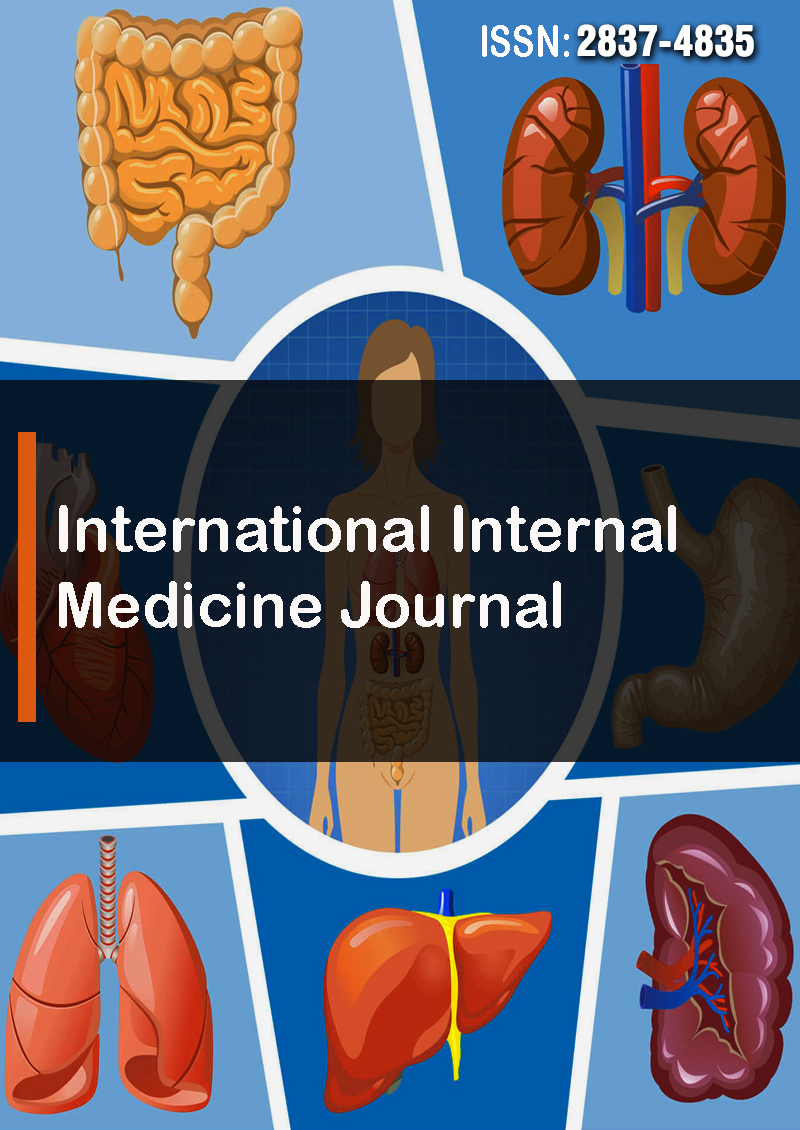Assessing the Long-Term Effectiveness of Sustainable Rural Water Treatment Technologies in Mitigating Arsenic Contamination of Groundwater in Afghanistan
Abstract
Abdul Wahed Ahmadi and Ajit P. Annachhatre
Arsenic contamination in groundwater is a pressing global concern, impacting more than fifty million individuals across seventy-plus countries. Various sources contribute to this contamination, including human activities, geological processes, and natural biological factors. Afghanistan, where groundwater serves as the primary drinking water source, faces a critical need for sustainable arsenic removal solutions. Currently, 78% of the population relies on household tub wells for safe drinking water, highlighting the urgency of addressing arsenic contamination. Recent studies have revealed alarming arsenic levels, with approximately 61% of water samples exceeding World Health Organization standards.This study aims to assess and compare existing arsenic removal technologies to determine their suitability for Afghan households. Three commonly used methods—Sono Sand Filter, Kanchan Arsenic Removal, and Arsenic Bio Sand Filter—will be evaluated based on their efficacy and practicality. Preliminary findings indicate that the Arsenic Bio Sand Filter exhibits the highest efficiency, achieving a removal rate of 95%. Furthermore, this method offers additional benefits such as reducing pathogens, bacteria, iron, and turbidity levels.
The ultimate goal of this research is to provide insights to policymakers and stakeholders, enabling them to develop effective mitigation strategies. By addressing arsenic-related health risks, these strategies can contribute to improving public health outcomes in Afghanistan.



